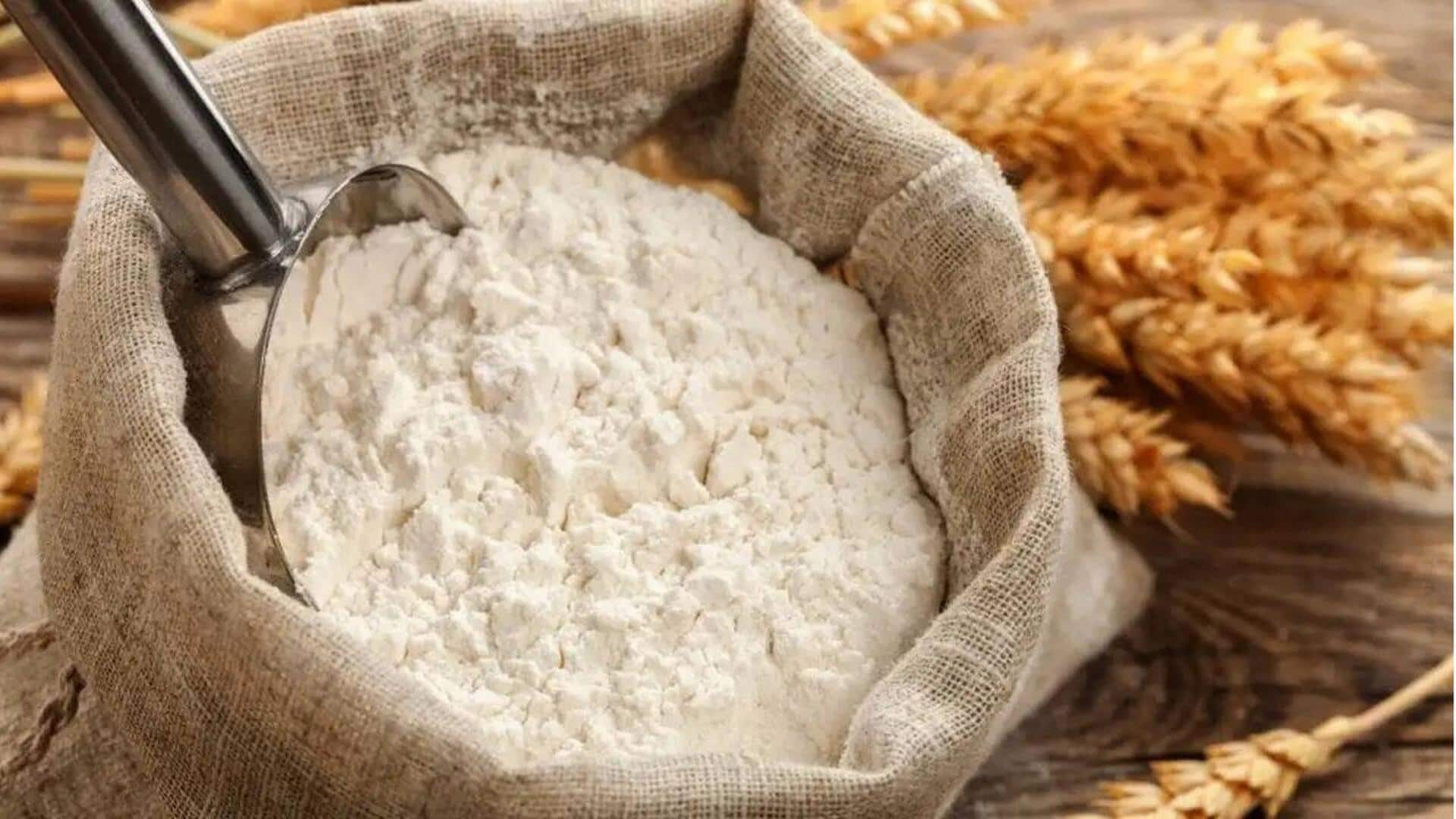
Centre to sell 'Bharat Atta' at Rs. 27.50 per kg
What's the story
In response to rising food prices and in preparation for the festive season, the Indian government, led by Union Minister for Consumer Affairs, Food, and Public Distribution, Piyush Goyal, is introducing measures to ensure affordable access to essential food items.
A central focus of this initiative is Bharat Atta, a wheat flour that is being offered at subsidized rates to consumers across the country.
Priced at just Rs. 27.50 per kilogram, the subsidized Bharat Atta sale will be inaugurated today.
Details
Where can you buy it?
Bharat Atta will be made available through cooperative institutions like NAFED (National Agricultural Cooperative Marketing Federation of India Ltd.) and NCCF (National Cooperative Consumers Federation of India), among others.
This move is aimed at ensuring that a wider segment of the population can afford this key food item.
To combat inflation, the government reduced the price of Bharat Atta from Rs. 29.5 to Rs. 27.5 per kilogram.
What Next?
Open Market Sale Scheme (OMSS) for wheat and rice
Under the Open Market Sale Scheme (OMSS), the Food Corporation of India (FCI) sells wheat and rice from the government pool to bulk buyers like flour millers and small traders.
This weekly e-auction system helps control retail prices by ensuring a steady supply of these commodities. In the 19th round of e-auction by FCI, 2.87 lakh metric tonnes of wheat were sold to 2,389 bidders.
Insights
Extension of free food grains program
Prime Minister Narendra Modi recently revealed plans to extend the government's free food grains program by five years.
This welfare program aims to protect 80 crore consumers from rising cereal prices.
However, this extension will require increased government spending and procurement of wheat and rice from farmers to sustain the program.
Facts
Impact on government spending and exports
The free grains program is estimated to cost the government around Rs. 2 lakh crore annually.
India, which is the world's second-largest producer of wheat and rice, has already restricted exports of these cereals.
These measures aim to stabilize domestic prices and ensure an adequate supply of essential food items for the population, particularly ahead of an upcoming general election.